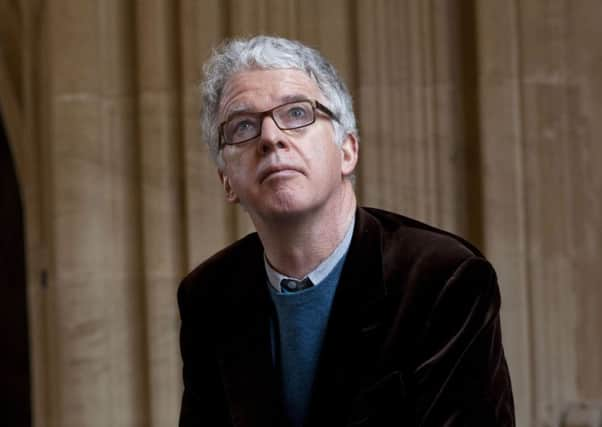Book review: The Senecans, by Peter Stothard


Peter Stothard’s intriguing and beguiling book in some ways foregrounds the question of longevity and morality. As with his previous books, the former editor of The Times and The Times Literary Supplement intertwines the classical and the contemporary. That in itself would be interesting enough, but this, like On The Spartacus Road and Alexandria: The Last Nights Of Cleopatra is also a surreptitious and askance memoir, and proves Stothard one of the most avant-garde practitioners of the form. In part it is about Seneca; but it is also about another group of courtiers to a different ruler: Margaret Thatcher.
The “Senecans” comprise four men involved with Thatcher. There is the parliamentary sketch writer Frank Johnson (who died in 2006), the rogue-ish David Hart (who died in 2011), the writer of musicals and speeches, Sir Ronald Millar (who died in 1998) and Lord Woodrow Wyatt, newspaperman, diarist and one time Labour politician (who died in 1997). They all formed a very loose grouping in a pub near the new Wapping site of one R Murdoch’s new regime, mostly to gossip and also to read the works of Seneca. Stothard drifts into and out of this group – it is fractious and disputatious and occasionally delusional – and reminds one of the
Advertisement
Hide Adgreat lines of Burns: “a chield’s amang you, takin’ notes”. The reason I mentioned the dates of death of all these characters is that Thatcher outlived them and they all saw her ousted; they all had to cope with the elegy of no longer being confidantes, close to power. Just like the writer they studied, they had to be Stoic.
Stothard frames the book with a very clever device; she is a young woman, referred to as Miss R, who has come to interview him about his memories of those times, as he looks out over a decaying industry. He begins the book in a typically wry way – “Believe me. I was serious twelve years ago when I said that I was going to stop writing about politicians”. In a way, he is both utterly truthful and completely disingenuous in those sentences. The book is not about politicians – though there is some interesting material about John Major’s “breakdown” – but rather their entourage. It does, as Emily Dickinson recommended “tell all the truth but tell it slant”.
Interweaving Seneca himself with these men, and his own story, allows Stothard a kind of freedom to be experimental. He thinks through the various ways in which histories are written. In a moving passage he says of Miss R (whom the reader is allowed to disbelieve in throughout) “She is writing history. I am writing non-fiction. There is a difference.” That does not stop him having an almost John Aubrey quality of observation. Take this, for example, as he surmises Lord Wyatt of Weeford “as Mrs Thatcher later entitled him to be known”: “a man of frail appearance, strong opinions, moderate skill in many things and magnificence in flattering the powerful.” It is a delightfully crisp sentence, full of modulations, and manages to be kindly, condescending and in some ways cruel over a single comma. Or take this: “Margaret herself had entered the House of Lords, a desperate fall, thought David, although he would have loved that humiliation for himself.” Although it is about the Senecans, Stothard himself sometimes seems more like Juvenal, whose skewers of wit never missed their mark.
It evokes an age that, though recent, many of us have forgotten; a time that was “both a Reading and a Believing Age. So much has changed”. That inkling of melancholy marbles the book; a sense that once there was a time – and the more autobiographical passages confirm this – when there were things like decency and engagement and interest rather than intrigue, ideas rather than dogmatism. Seneca was interested in what virtue might be. Stothard is equally concerned that what the right thing to do, the good thing to do and the honest thing to do might be different.
In the end, the only real Stoic, in the sense that Seneca meant, is Stothard himself. He is the one with patience, even among men who are variously intemperate, bombastic, self-regarding and conniving. That this comes across not as a self-justification, or worse, a boastfulness, is one of the book’s many delights. It is a book of hesitancy and certainty, of principle and steeliness. It also, by the end, has a reveal about “Miss R”, which links to his own recollections of an Essex childhood. Or does it? “Miss R” is as real as Becky Sharp in Thackeray’s Vanity Fair. Seneca should have the last words. “Be not hasty with praise or blame.” I would err on the side of praise.
*The Senecans, by Peter Stothard, Duckworth Overlook, £20